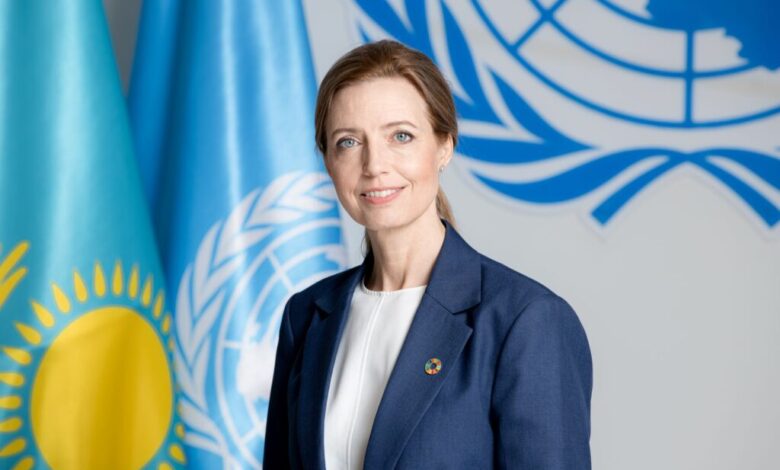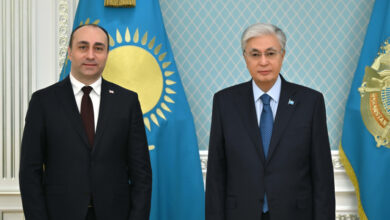
Michaela Friberg-Story, the UN Resident Coordinator in Kazakhstan, hailed this legislative stride as a significant step forward in the fight against gender-based violence. Speaking to the UN News Center, Friberg-Story emphasized the law’s potential to address this pressing issue, stating, “This is a step forward towards eradicating gender-based violence.”
On April 15, Kazakh President Kassym-Jomart Tokayev officially signed into law measures to safeguard women’s rights and children’s safety. The legislation, titled “On Amendments and Additions to the Code of the Republic of Kazakhstan on Administrative Offenses on the Issues of Ensuring Women’s Rights and Children’s Safety,” introduces criminal liability for acts of physical violence and harm inflicted intentionally upon victims.
Under the new law, perpetrators of domestic violence, including beatings and injuries of varying severity, will face legal consequences. Notably, the possibility of reconciliation between parties is now precluded in cases involving violence against minors.
The enactment of this law follows a widespread public campaign, partly catalyzed by public outcry over the alleged murder of a former high-ranking official’s wife.
Michaela Friberg-Story underscored the significance of Kazakhstan’s legislative action, describing it as a testament to the nation’s commitment to upholding human rights, particularly in protecting women, children, and vulnerable groups from domestic abuse.
By criminalizing domestic violence, Kazakhstan sends a clear message that such behavior is intolerable and will be met with legal repercussions, Friberg-Story reiterated. She stressed that this critical step not only advances gender equality but also ensures that survivors of domestic violence have access to justice and support services to facilitate their recovery.
In furtherance of this initiative, the UN, through its representative in Kazakhstan, encourages the country to effectively implement and enforce the law. This entails raising awareness about domestic violence, providing training for law enforcement and judicial officials, and establishing support mechanisms for survivors.
Friberg-Story affirmed the UN’s readiness to assist Kazakhstan in its endeavors to eradicate gender-based violence and foster a culture of respect, equality, and dignity for all citizens. She emphasized the necessity of a comprehensive approach to create a society where individuals can live without fear and violence within their homes.



